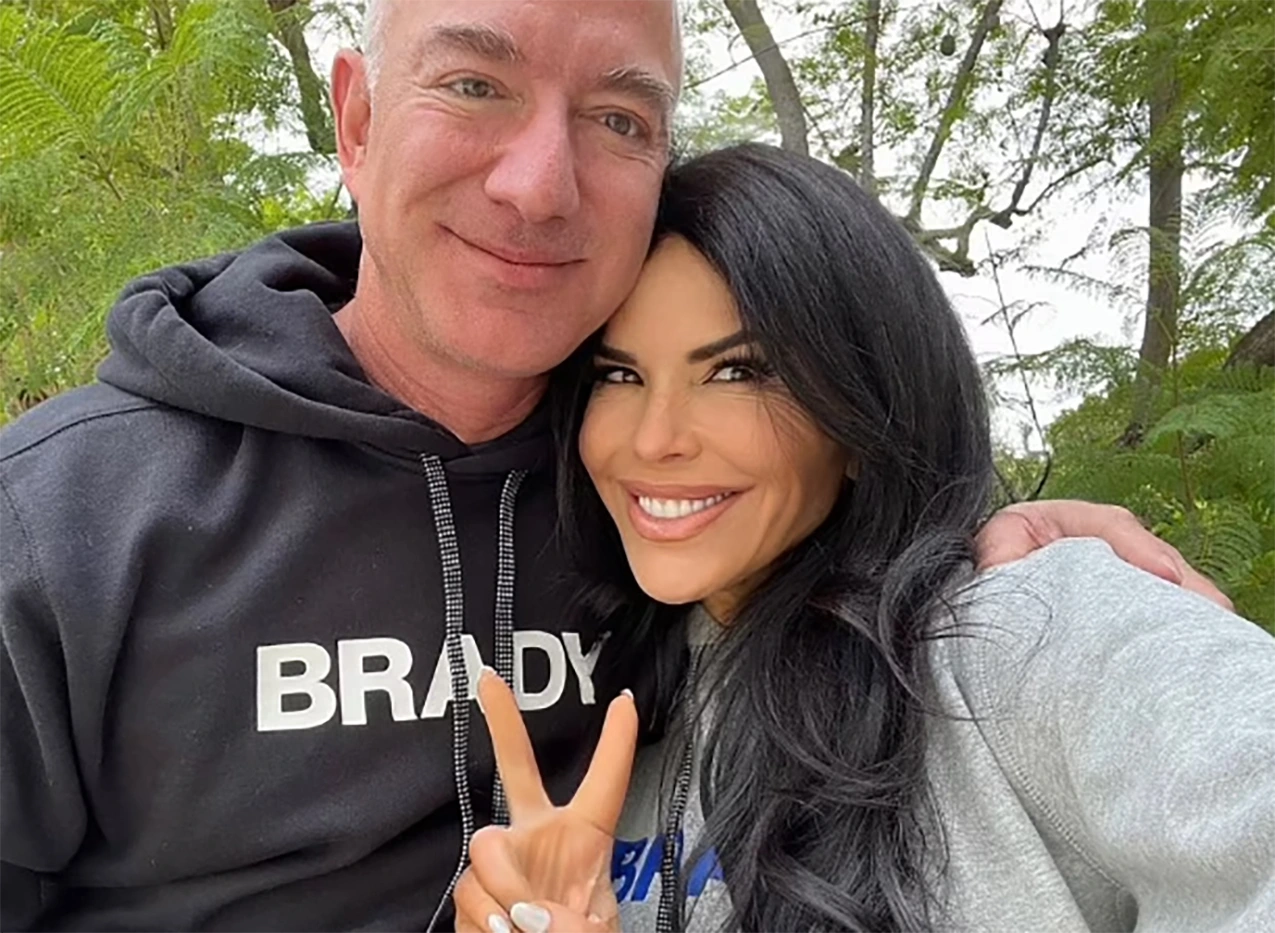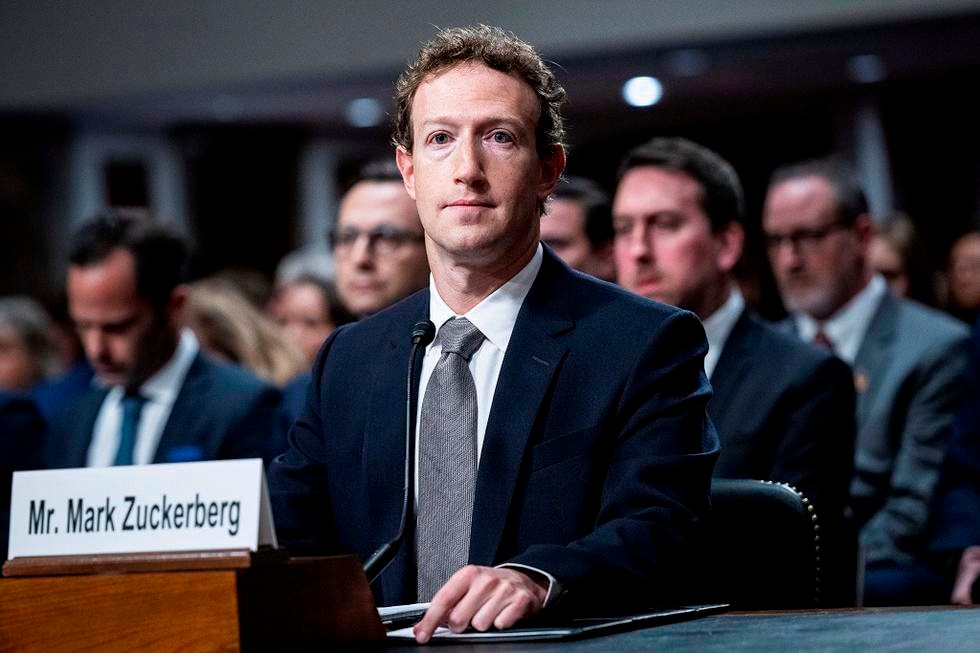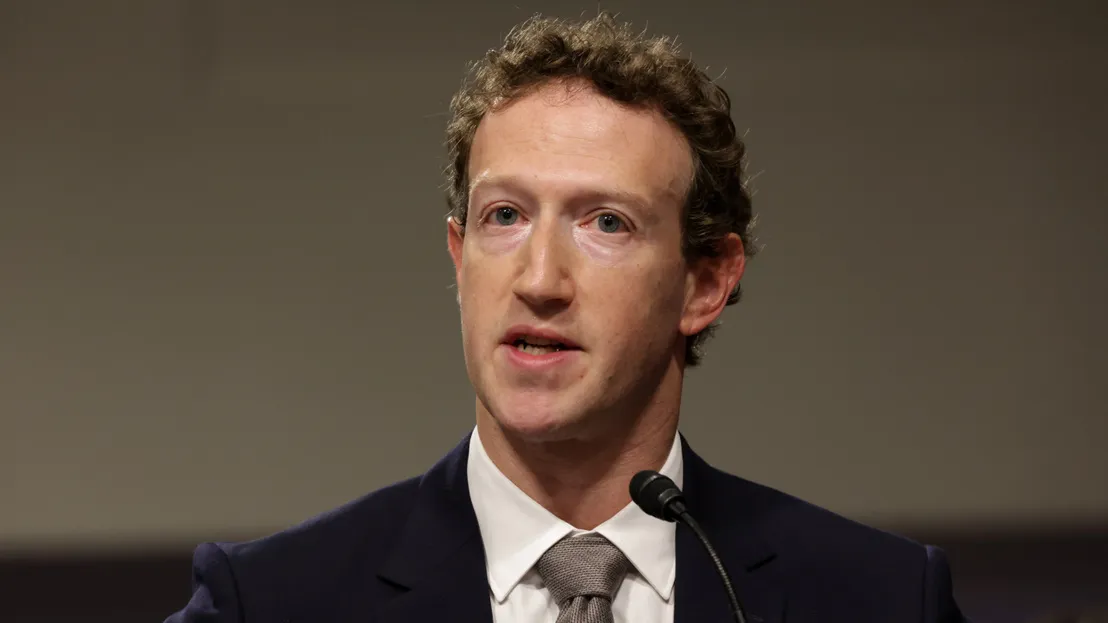
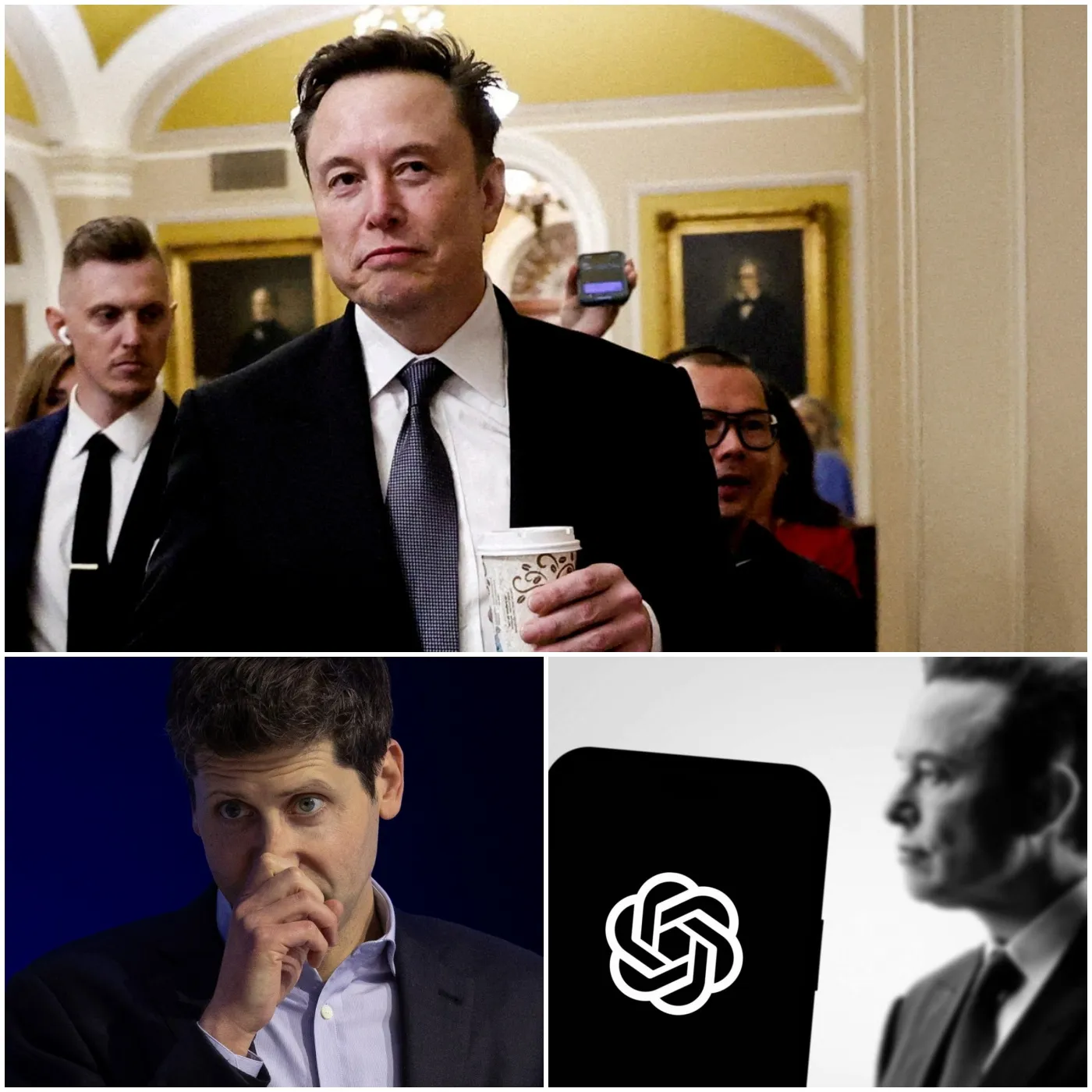
Elon Musk Offers Conditions to Withdraw OpenAI Acquisition Bid
Elon Musk has reportedly set specific conditions for withdrawing his multi-billion-dollar bid to acquire OpenAI, signaling that he will step back if the company reverts to its original nonprofit mission. This development is the latest twist in a dramatic saga between Musk and OpenAI CEO Sam Altman, highlighting a growing rift in Silicon Valley’s artificial intelligence (AI) community.
Musk’s Conditions for Withdrawing His Offer
According to a legal filing from Musk’s attorney, Marc Toberoff, submitted to a California federal court on February 12, 2025, Musk is prepared to withdraw his $97.5 billion acquisition offer if OpenAI’s board agrees to halt its transition toward a for-profit model and reaffirms its commitment to maintaining its nonprofit status.
“If the OpenAI board is willing to maintain its nonprofit mission and agree to remove the ‘for sale’ designation from its operating model by stopping the transition, Musk will withdraw his offer,” the filing states, as reported by The Wall Street Journal (WSJ).
Musk has publicly criticized OpenAI’s for-profit pivot, arguing that the move contradicts the organization’s founding principles of transparency and prioritizing the public good over profits. His conditions for withdrawal appear to be aimed at realigning OpenAI with its original goals, potentially avoiding a legal battle while retaining influence over the AI giant’s direction.
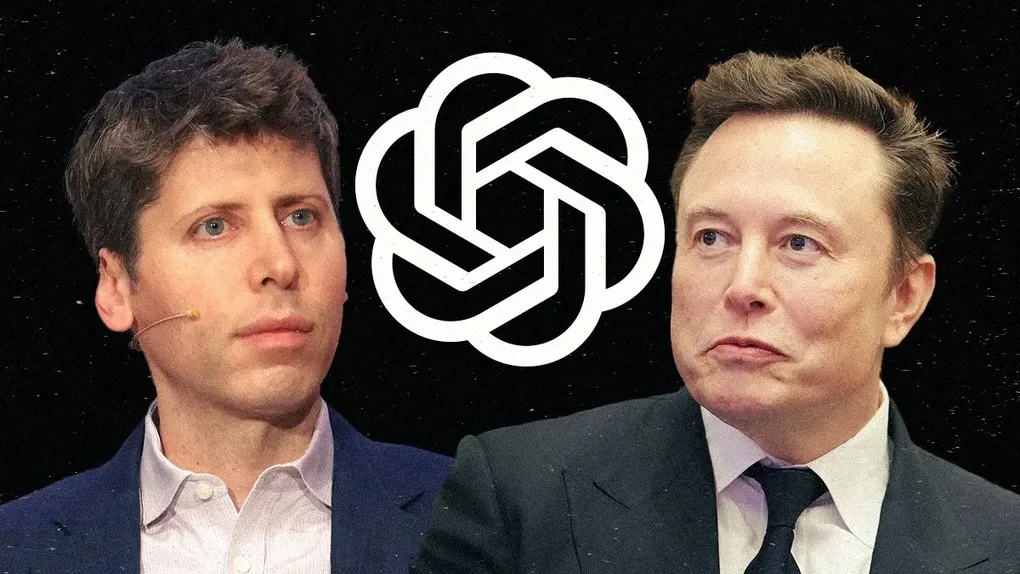
Altman’s Counterargument: A Legal and Strategic Battle
On the same day as Musk’s filing, OpenAI CEO Sam Altman filed a counter-document in the California federal court, urging Judge Yvonne Gonzalez Rogers to consider Musk’s $97.5 billion offer. Altman argued that Musk’s actions contradict his own claims, as the billionaire is simultaneously challenging OpenAI’s efforts to generate revenue while also making an acquisition bid.
In the filing, Altman requested the judge’s intervention to halt Musk’s acquisition process, calling the bid a “strategic disruption” aimed at destabilizing OpenAI’s progress.
Musk’s attorney, Marc Toberoff, responded swiftly, dismissing Altman’s argument as “completely irrelevant”, emphasizing that it only serves to distract from the core legal and ethical issues surrounding OpenAI’s transition to a for-profit model.
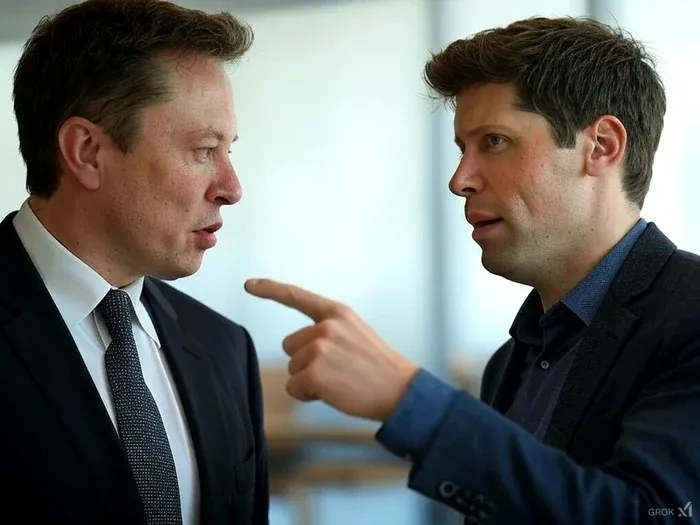
A Quick Look Back: OpenAI’s Evolution and Musk’s Growing Concerns
OpenAI was founded in December 2015 by Musk, Altman, and other tech visionaries as a nonprofit organization dedicated to advancing artificial intelligence for the benefit of humanity. The founding ethos was centered around keeping AI research open-source and transparent, with no direct financial incentives.
However, in 2019, OpenAI restructured by launching a for-profit subsidiary—now called OpenAI LP—aimed at attracting investment and capital while retaining oversight from the nonprofit OpenAI Nonprofit. The nonprofit parent entity was intended to ensure that OpenAI’s original mission remained intact despite the financial model shift.
The transformation continued in December 2023, when OpenAI announced plans to reorganize its for-profit subsidiary into a Delaware-based public benefit corporation (PBC). This strategic move was designed to increase funding opportunities, allowing OpenAI to compete with major AI players such as Google DeepMind, Anthropic, and Meta AI, while maintaining a nonprofit influence through its parent entity.
Musk, who departed OpenAI’s board in 2018, has become a vocal critic of this transition. He claims that OpenAI’s shift toward profitability contradicts the company’s founding vision and represents a betrayal of public trust.
The Legal Battle: Core Arguments from Both Sides
Musk’s legal filings focus on the assertion that OpenAI’s structural changes violate nonprofit governance principles and mislead donors and partners who supported the organization under the assumption of nonprofit integrity.
He claims that Altman and the current OpenAI leadership have manipulated the board to facilitate a lucrative shift to a for-profit model, potentially jeopardizing public benefit priorities in favor of shareholder gains.
On the other side, Altman argues that OpenAI’s shift to a for-profit subsidiary was necessary to secure funding, attract top talent, and compete effectively in the high-stakes AI industry. He contends that OpenAI Nonprofit still maintains governance and oversight, ensuring the public benefit remains a core focus.
Altman’s court filing also included statements suggesting that Musk’s bid is an attempt to reassert control over OpenAI, driven by competitive pressures and personal motivations, rather than a genuine interest in preserving OpenAI’s mission.
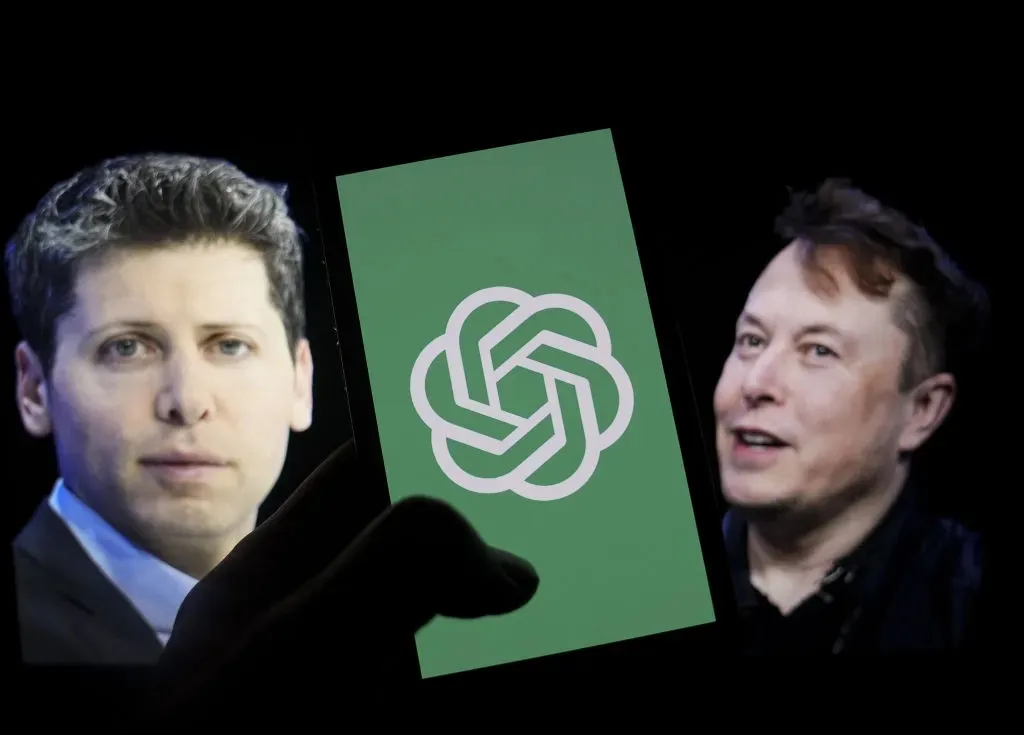
A Personal Feud in Public Eye: Musk vs. Altman
The legal battle is only part of a broader, more personal feud between Elon Musk and Sam Altman. The two have exchanged barbs on social media, with Musk recently calling Altman “Scam Altman” on X (formerly Twitter) after the latter dismissed Musk’s acquisition bid with a snarky offer to “buy Twitter for $9.74 billion”.
Altman, in turn, has not shied away from sharing his perspective on Musk’s behavior, telling Bloomberg, “He has probably been in a position of insecurity his whole life. I don’t think he’s a happy person. I really feel sorry for him.”
What’s at Stake for the AI Industry?
Beyond the personal drama, this legal and corporate battle has far-reaching implications for the AI industry and technology governance.
– For OpenAI: The outcome of this legal struggle could determine whether it remains a mission-driven organization or if it becomes more profit-oriented. This shift could affect research transparency, product accessibility, and ethical considerations in AI development.
– For Elon Musk: The stakes are high in terms of his influence over AI’s future direction. If successful, Musk could reshape OpenAI’s strategy, potentially aligning it more closely with his own vision for safe AI development.
– For the Tech World: A Musk takeover could ripple across Silicon Valley, potentially prompting other AI companies to reconsider their business models and investment strategies.
– For Regulators: This dispute may draw attention from regulatory bodies, who could intervene to ensure compliance with nonprofit laws and corporate governance standards.
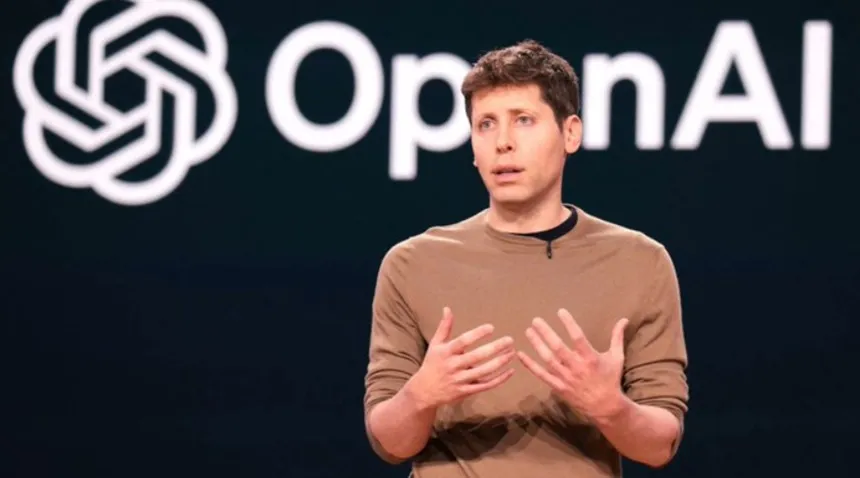
The Road Ahead
As the legal proceedings unfold, the fate of OpenAI and the influence of Elon Musk over the AI industry remain uncertain. The next steps taken by Judge Yvonne Gonzalez Rogers could either solidify OpenAI’s direction as a public benefit entity or open the door to a hostile takeover by Musk and his investment group.
For now, the battle between Musk and Altman is more than just a clash of tech titans—it is a philosophical confrontation over profit vs. public good in the rapidly evolving AI landscape. As the world watches, the outcome of this dispute could reshape the industry, influence future business models, and set precedents for how innovative technologies should be governed in the public interest.
The stakes are monumental, and the verdict could define the future of artificial intelligence for years to come.








